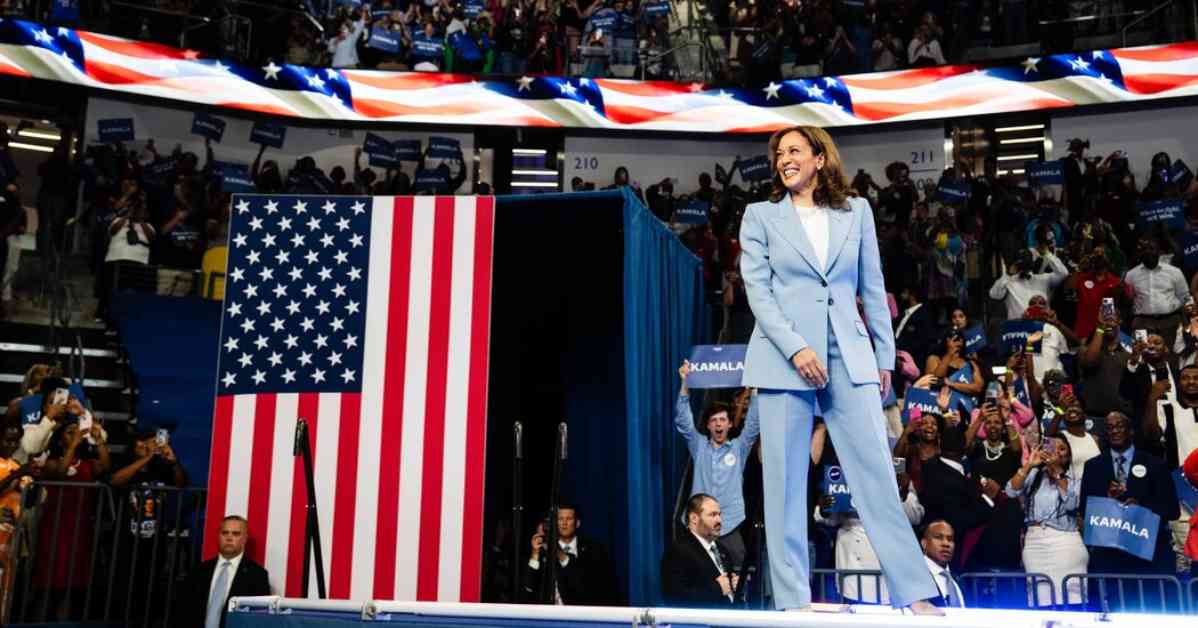Kamala Harris, the Vice President of the United States, has been a subject of discussion when it comes to her racial identity. Many Americans seem to have differing opinions on whether Harris should talk more about her race. Despite the political discourse that often revolves around racial divisions, some voters believe that focusing on race or identity should not be a priority.
One individual, Larhonda Marshall, a 42-year-old health care worker from Chicago, expressed her weariness of the continuous emphasis on Harris’s racial background. As a Black woman herself, Marshall acknowledged the significance of Harris potentially becoming the first Black female president but stressed that it was not the deciding factor in her vote. She emphasized the importance of choosing the best candidate for the country, irrespective of race.
In response to former President Donald J. Trump’s false claims about Harris’s racial background, the Vice President chose not to directly address the issue. Instead, she criticized Trump’s divisive remarks and lack of respect in a speech to a historically Black sorority. Harris has consistently maintained a stance of self-acceptance, stating, “I am who I am. I’m good with it.”
Harris’s background is a mix of Jamaican and Indian heritage, and she has faced attempts by others to pigeonhole her identity. Despite external pressures to conform to specific racial categories, Harris remains steadfast in her self-assurance and refuses to be defined by others.
As the discussions surrounding Harris’s racial identity continue, it is essential to recognize that her capabilities, policies, and vision for the country should be the primary focus when evaluating her suitability for the presidential position. While her background undoubtedly holds significance, it should not overshadow the more critical aspects of her leadership potential.
In conclusion, Kamala Harris’s racial identity should not be the sole determinant in how she is perceived or evaluated as a political figure. While her background adds a layer of diversity to the political landscape, her qualifications, values, and plans for the country should take precedence in any discussions about her candidacy for higher office.


















